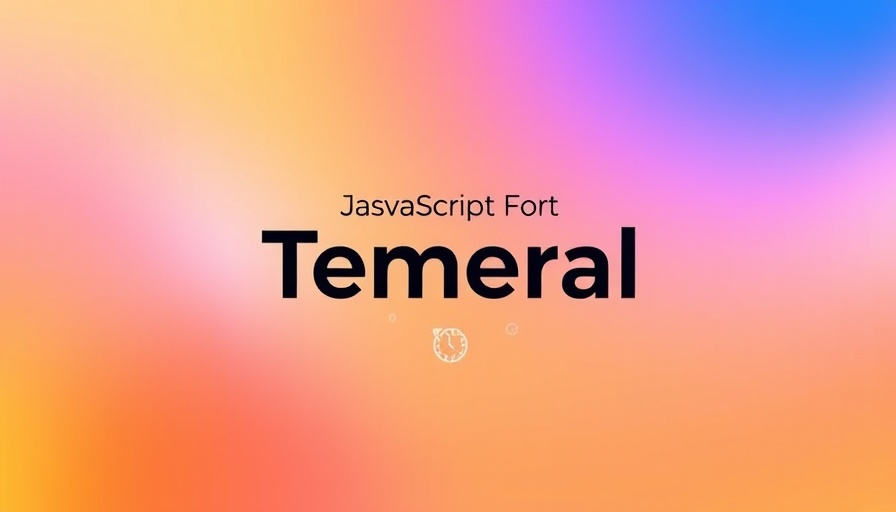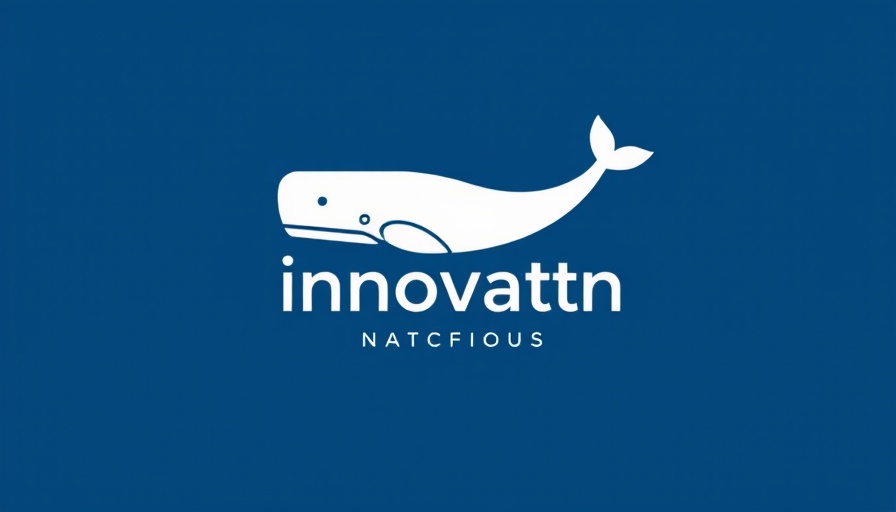
Luigi Mangione and the Quiet Erasure on Stack Exchange
In a surprising move on Stack Overflow, a well-known contributor, Luigi Mangione, found his digital identity erased. His account, once filled with insightful contributions, now stands under the anonymous guise of “user4616250.” This shift underscores a concerning trend where the minimal requirements of attribution under the Creative Commons license face disregard from some tech corporations. The incident has raised eyebrows not only due to its singular focus but because it reflects a broader issue within the network of Stack Exchange. Originally sold to Prosus for $1.8 billion in 2021, Stack Exchange and its assets like Stack Overflow depend vitally on the collaborative efforts of individual contributors. Yet, incidents like Luigi's threaten the very spirit of collaboration that Creative Commons aims to protect.
Understanding the Creative Commons License
The Creative Commons license plays a crucial role in the digital domain by ensuring that content remains shareable and modifiable, fostering an expansive, communal online environment without the constraints of royalties. For contributors to platforms like Stack Exchange, their payment lies in recognition—the core principle of attribution. This not only promotes content creation but elevates the quality of shared resources. However, Luigi Mangione’s case highlights how legal interpretations and actions from companies can at times bypass these principles, overshadowing individual contributions in favor of corporate interests.
Potential Implications for Online Communities
While it's crucial to uphold licenses that support open sharing, Luigi Mangione’s story hints at larger questions about the future of digital collaboration. If attribution, a fundamental aspect of open sharing, is undermined, how will it affect the motivations and experiences of online communities? Users help build these platforms, and their contributions should be acknowledged, maintaining trust and community spirit. With tech always evolving, it's imperative for users and companies alike to stay informed and advocate for a fair digital ecosystem.
Relevance to Current Events
This case is more than just a digital footnote; it ties into ongoing debates about the rights of content creators in the digital age. As tech giants grow and influence increases, the balance between corporate power and individual recognition becomes ever more pressing. The Stack Exchange scenario underscores the urgency of these discussions, suggesting that the preservation of creative rights is not just a legal matter but a vital cultural concern as well.
 Add Row
Add Row  Add
Add 




Write A Comment